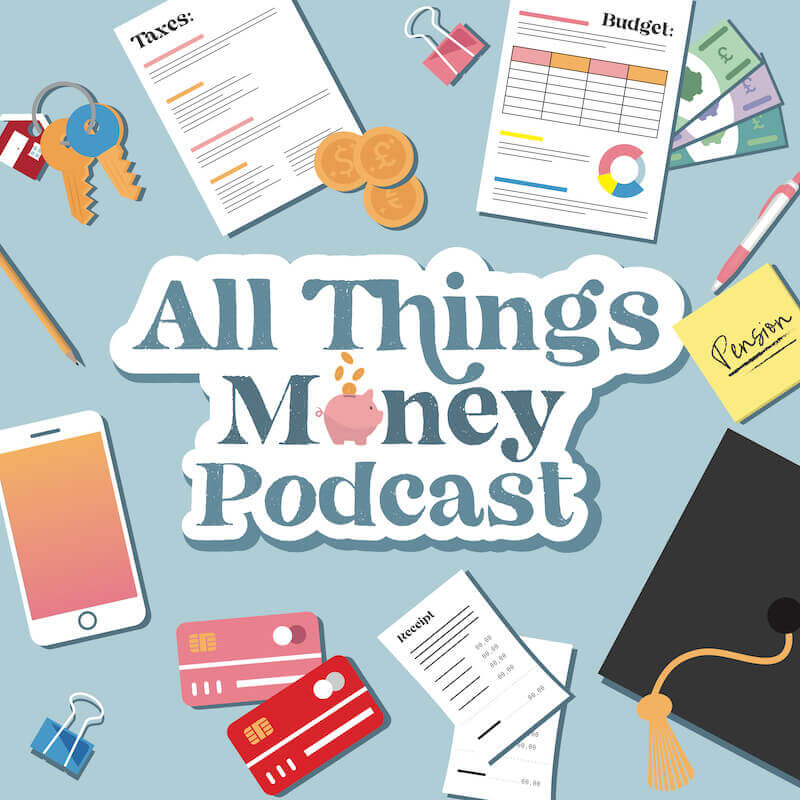You can’t escape it. Buying a house is hard, particularly if it’s your first home. Don’t let that deter you though. You may need a bit of a helping hand to get yourself on the property ladder. This doesn’t have to come from rich relatives. Here’s a round up of the available help for first-time home buyers.
A LISA – or, otherwise known as a Lifetime ISA – is essentially a savings account, where the government tops up your savings.
The government will add 25% to your savings every year up to £1000. This means you can save £4,000 a year and receive £1,000 in this account, topping up your savings to a total of £5,000.
There are only 3 situations in which you can withdraw your money without facing a 25% penalty. These are:
For first time home buyers, there are certain stipulations on the property you can buy and how you buy it.
These are:
If you’re buying with someone else, you can both use your individual LISAs and bonuses to help fund your deposit.

You can no longer open a Help to Buy ISA, but if you already have one it can be a useful tool.
If you have an account already, you can still pay in up to £200 a month. It is worth checking if you have a Help to Buy ISA – a lot of people panic-opened one with £1 just before they were closed to new applicants.
With a Help to Buy ISA, the government will top up your savings by 25% on qualifying home purchases, up to a total government bonus of £3,000. This means you can save up to £12,000 in a Help to Buy ISA.
The home you buy must:
Shared ownership can be an option if you’re struggling to get the funds and/or mortgage together to buy in your own right.
Essentially, you share ownership with the government – allowing them to foot some of the cost of the property.
Generally, you can buy between 25% and 75% of the property, but sometimes you might be able to buy a 10% share.
You don’t have to fund your whole share through a deposit. You can also take out a mortgage. However, you will need to put down a 5% to 10% deposit of the share you’re buying.
Using the shared ownership scheme you can buy:
Shared ownership homes are offered by housing associations, local councils, and other organisations. So, the availability will depend on the area you live in.
This is a slightly different type of help for first time buyers. But, if you’re feeling adventurous and want to build your own home (or hire someone to build it for you!), this option may be for you.
You can apply for the Help to Build equity loan to: buy land and build a home on it; build an ‘airspace development’ flat; convert a commercial property into a residential property; or demolish an current property and replace it with a new home.
To be approved for the loan you need to be able to get a mortgage for the home you plan to build.
You can apply for between 5% and 20% of the estimated land and building costs for your home – or up to 40% in London.
The estimated costs of the project cannot be more than £600,000 if you’re buying the land and building a home; or £400,000 if you’re building on land you already have.
For more information on any of the schemes discussed, feel free to take a look at the government website for home buyers.
If you liked this and want more tips on how to buy your first home, check out the All Things Money Podcast here! Let us know your thoughts on the available help for first time home buyers. We’d love to hear if you’ve tried any of the schemes and the results you’ve had.

The All Things Money Podcast is a personal finance podcast designed to help kickstart your personal finance journey.
Join me for light-hearted and chatty conversations as I cover a wide range of personal finance topics we weren’t taught at school from budgeting, saving, investing and everything in between!